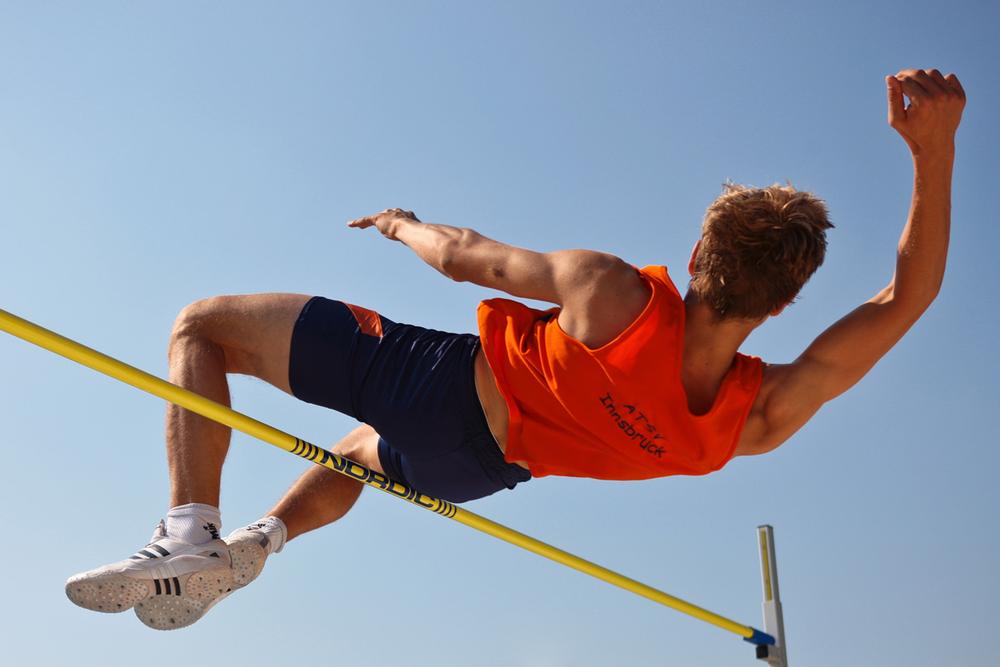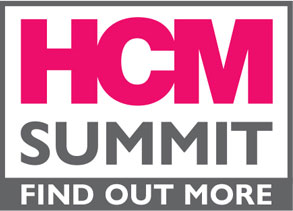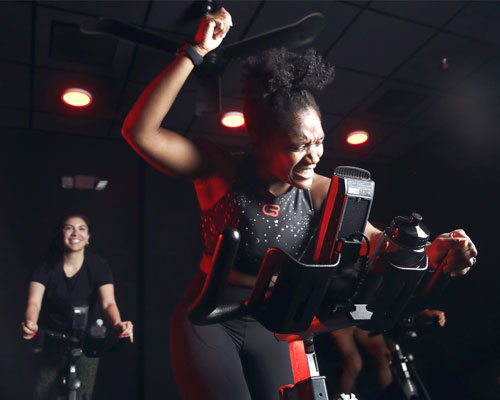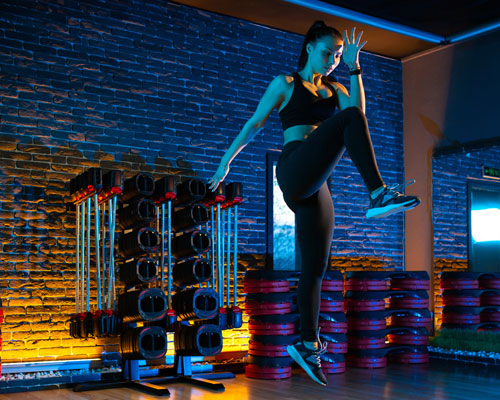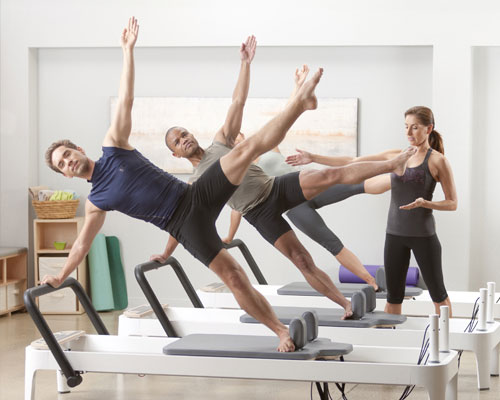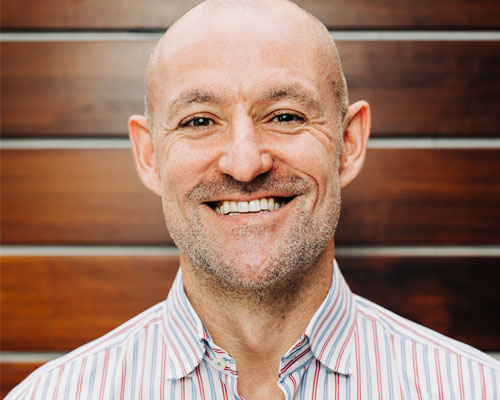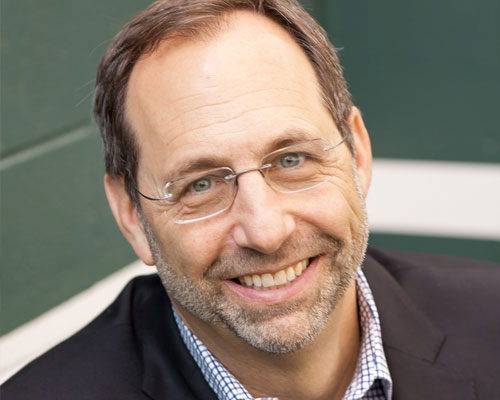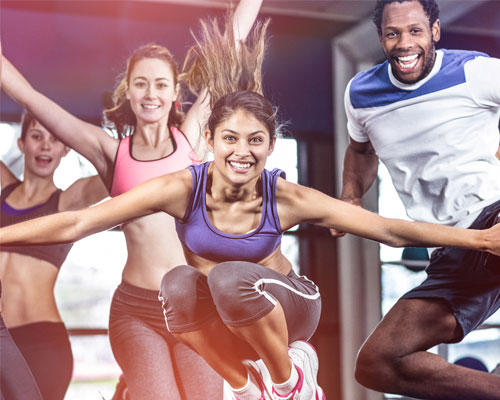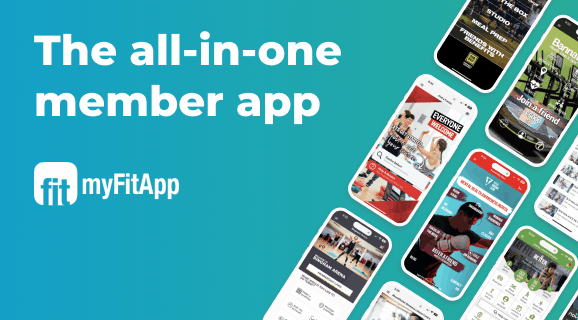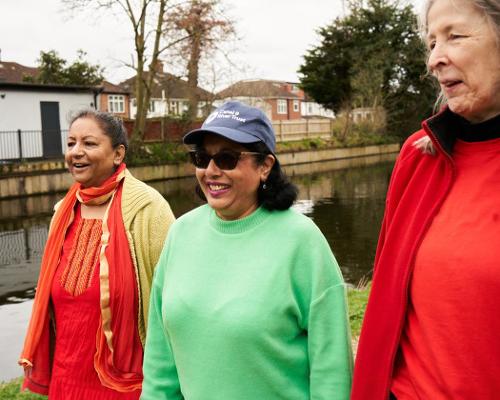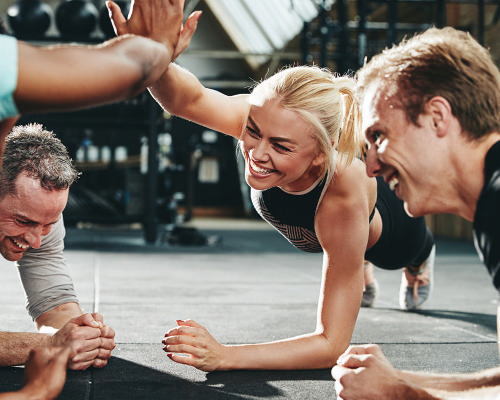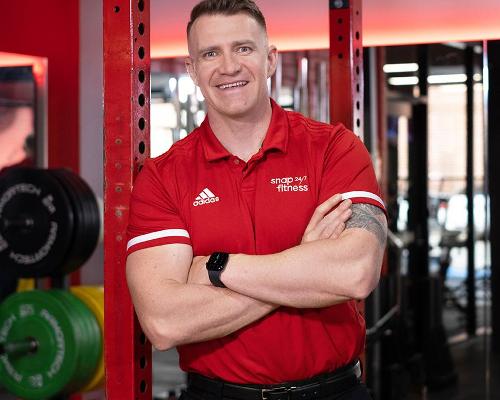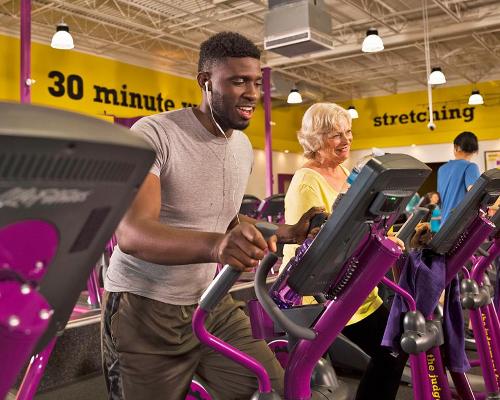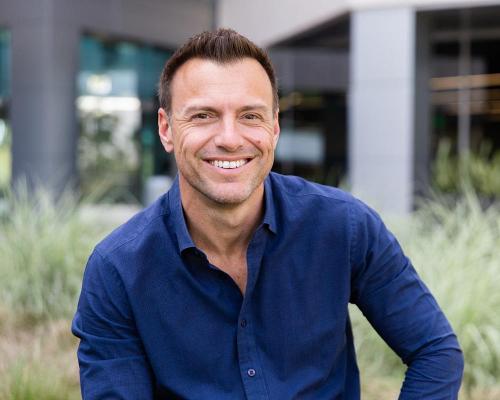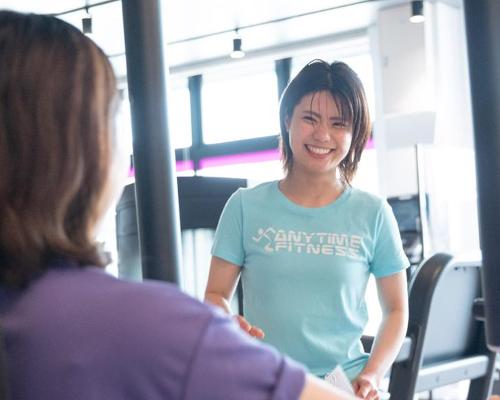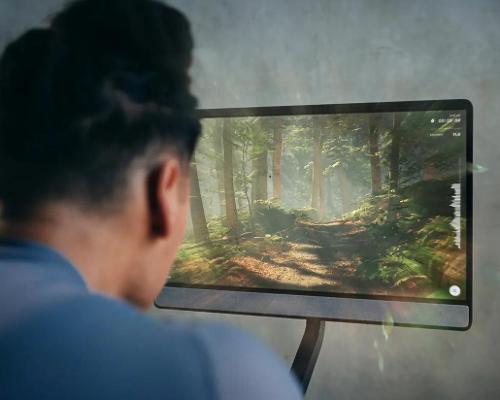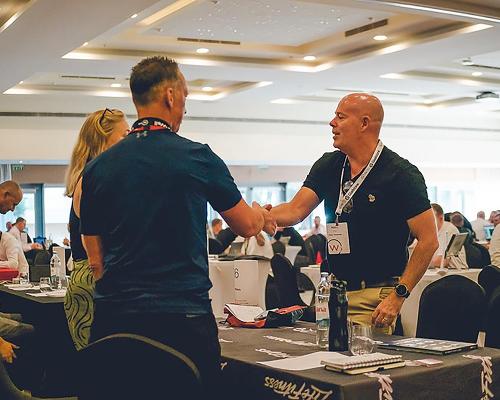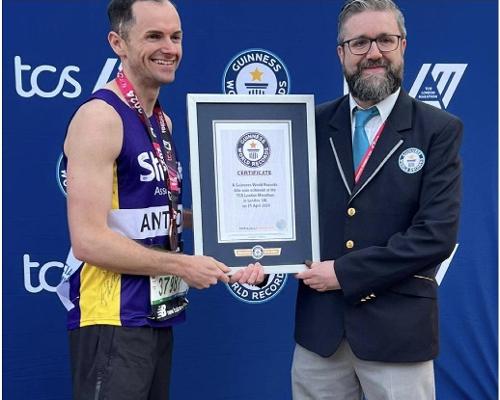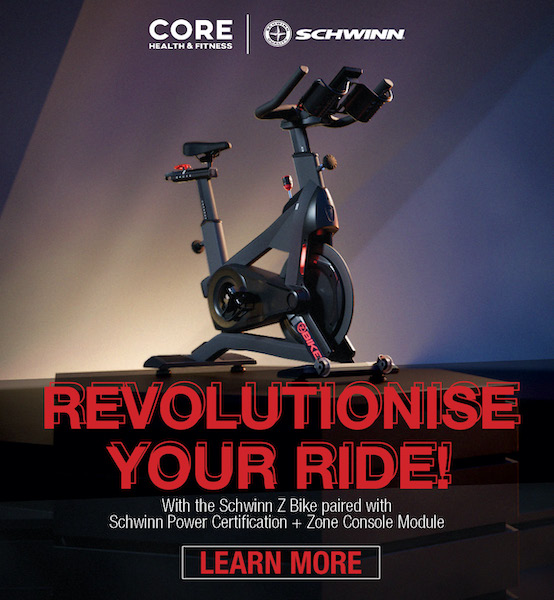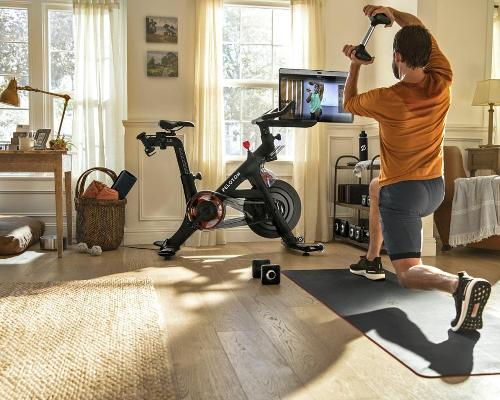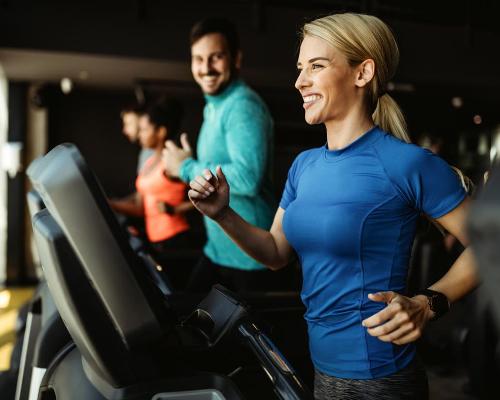features
Vitamin D: Rise and shine
Oliver Gillie reports on how the ‘sunshine vitamin’ is making top athletes more competitive
Can you think of a powerful hormone that boosts athletic performance and is not only perfectly legal but also free if you train outdoors in a good climate? The word is going round, but still a lot of athletes and sports people do not know the answer. It is vitamin D, the sunshine vitamin, available from health stores – or for free if you can train in a sunny climate exposing a lot of skin to the midday sun.
Unfortunately the British Isles are far north and cloudy, so we don’t get enough sun. Most of us, including many athletes, are short of vitamin D – even in the summer. In 2012 we had an exceptionally bad summer, meaning vitamin D levels among the population are unusually low. Athletes who train inside or use lots of sunscreen are particularly likely to have low blood levels of vitamin D: sunscreen blocks UVB rays from the sun, and it is these that make vitamin D in the skin.
Body controls
Vitamin D itself is a pre-hormone which is processed in the liver and kidney, and also in most organs and tissues of the body, into a potent hormone called 1,25 hydroxy vitamin D. Feedback mechanisms that control the processing of vitamin D ensure that the body does not get too much of this active product – but in fact, as noted above, most of us in the UK and other northern countries get too little vitamin D. This is because of our long winters, when the sun is not strong enough to make vitamin in the skin; because our cloudy summer weather blocks out sunshine; and because cancer scares have instilled in us a fear of the sun.
Diet is not the answer, because the best balanced diet will not give you more than about 10 per cent of the optimal level of vitamin D.
Appliance of science
The East Germans and the Russians have known about the benefits of vitamin D for athletes since the 1930s, when knowledge of vitamin D and the benefits of sun in producing the vitamin was first discovered by science. Now, very late in the day, athletes in Europe, the US and other advanced industrial nations are beginning to learn about its benefits. Top athletes and football players have started taking vitamin D in the last two or three years, and based on the findings of scientific studies (more on that shortly), it’s possible that this will have made an important but unheralded contribution to the UK’s success in the Olympics – more important for the Brits than for other nationalities because of our climate.
Critical observations and experiments by Graham Close and colleagues at the Research Institute for Sport and Exercise Sciences at Liverpool John Moores University in the UK show that vitamin D is important for muscle strength. They tested the vitamin D levels of 61 athletes from the worlds of rugby, soccer and horse racing. All the athletes were in full-time training or competing six days a week. Two-thirds of the athletes had inadequate blood levels of vitamin D in the winter months and only one athlete, a rugby player, had an optimal level. Two soccer players and two flat jockeys were severely deficient.
The John Moores scientists went on to test the athletic ability of one group of football players who took a daily dose of 5,000 IUs of vitamin D compared with another group of players who took a dummy tablet. After only eight weeks, the group taking vitamin D performed better in both a vertical jump test and a 10-metre sprint. This is a startling result for a trial that continued for a relatively short time and involved only 10 players. It has been written up in a recent article in the Journal of Sport Sciences.
The John Moores result is news for us here in the UK, but it should not be. In 1938, Russian scientists reported that UV radiation treatment improved the speed of students by 7.4 per cent in the 100m dash compared with matched controls. And in 1944, German researchers found that medical students irradiated twice a week for six weeks improved their performance on a bicycle ergometer by 13 per cent compared with controls who showed no improvement. These are just two details from a masterly article by Jon Cannell and others reviewing this early pioneering work (Medicine and Science in Sports and Exercise 2009).
Risk vs reward
But the benefits of vitamin D go way beyond muscular performance. Another important benefit for sports people is resistance to infection during the winter season, when vitamin D levels plummet in those who do not take a supplement. Training is stressful and may make an athlete more subject to infection, while vitamin D has been shown to protect against infections such as flu, TB and others. The sunshine vitamin stimulates immunity and induces the formation of active molecules which defend against infection. Other known benefits include a reduction in the risk of certain diseases such as diabetes, arthritis and certain cancers. Sports people should aim to get their blood level of the vitamin up to at least 100 nmols (nanomoles) per litre.
Unfortunately, advice from Cancer Research UK and the government has made many people afraid of the sun, to the point that they avoid it altogether by staying indoors or using sunscreen. The same reasoning led to the removal of sunbeds from many sports facilities. In fact, the risk of diseases caused by insufficient vitamin D has been found to be some 10 times greater than the risk of melanoma, the acute form of skin cancer.
Of course, people do not want to burn – but so long as you do not burn, there is no serious risk of skin cancer. My advice would therefore be that sunscreen should not generally be used without allowing some previous exposure to the sun, so that vitamin D can be made. If you are not used to the sun, a few minutes may be all you can tolerate to begin with, but gradually increase the time you spend in the sun. Use sunscreen only when there is a risk of burning and you cannot wear more clothing or a hat, or cannot move into the shade.
The sun is free, so enjoy it. If you get at least half an hour of full sun on bare shoulders, arms and legs three or four times a week in the middle of the day in summer, you need not take any vitamin D until the days shorten in October.
ABOUT THE AUTHOR
Oliver Gillie is a scientist and writer. He is former medical correspondent of The Sunday Times and former health editor of The Independent. He has won 17 awards for his scientific and medical writing in national newspapers. Most recently, he was elected health champion of the year by the Medical Journalists’ Association, for his campaign to inform the public and professionals about vitamin D insufficiency disease.
He has also set up The Vitamin D Company, supplying vitamin D products – easy to take and suitable for all user groups – that offer the dose used in the John Moores trial.
Web www.vitDco.com Tel +44 (0)7761 379 939

